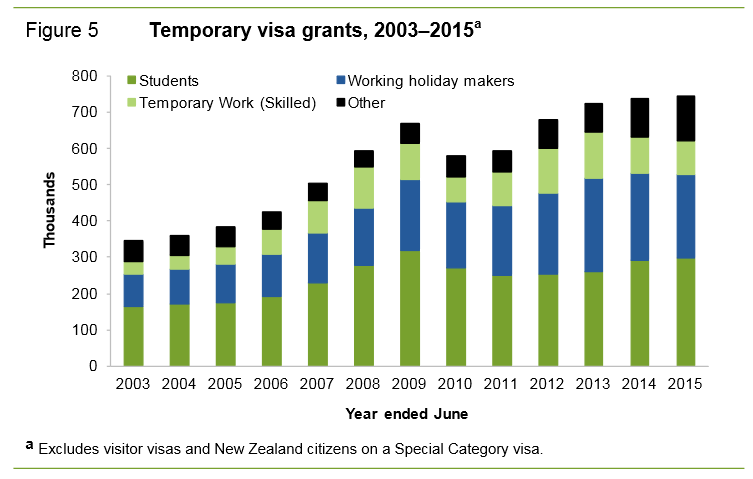According to the Productivity Commission, parent reunion visas cost the Australian taxpayer up to 3.2 billion dollars.
The report was publicly released on 12 September 2016 and stresses how costs and benefits are unbalanced: the Commission urges the Government to "considerable raise" the 55k Parent Visa to avoid future financial strife and offset the enormous costs to taxpayers of the new arrivals, described in the report as mostly old, unskilled and in some cases with a "poorer than average English proficiency".
The Financial Review and other media outlets suggest a doubling of the costs for this kind of visa.
The Productivity Commission has also added that permanent residency for parents should be provided only in extreme, compassionate circumstances and recommends a new temporary parent visa that would make the children or the parents themselves responsible for covering health and welfare costs.
“A partial remedy would be to lower the taxpayer funded subsidy for contributory parent visas by considerably raising the visa charge, and to introduce more narrowly focused non-contributory parent visas”
The report reveals that the economic outcomes of immigrant parents are poor, due to their advanced age and lack of English.
The over 50k Parent Visa's fee covers only a fraction of the annual costs for the taxpayers; roughly 7200 parents apply annually for the Parent Visa (and an an additional 1500 parents make a minimal contribution), the cumulative lifetime fiscal costs of a parent visa holder in 2015-16 is estimated to be between $335.000 and $410.000 per adult, the Commission reports.
Providing assistance to these 8700 parents over their lifetime ranges between $2.6 and $3.2 billion.

(source: Productivity Commission)
Raising visa charges and introducing more narrowly focused non-contributory parent visas - the Commission sums up - would create big fiscal savings that could be re-directed at more vulnerable members of the Australian community and at reducing the more general pressures of an ageing population.
You can find here the Productivity Commission report.
